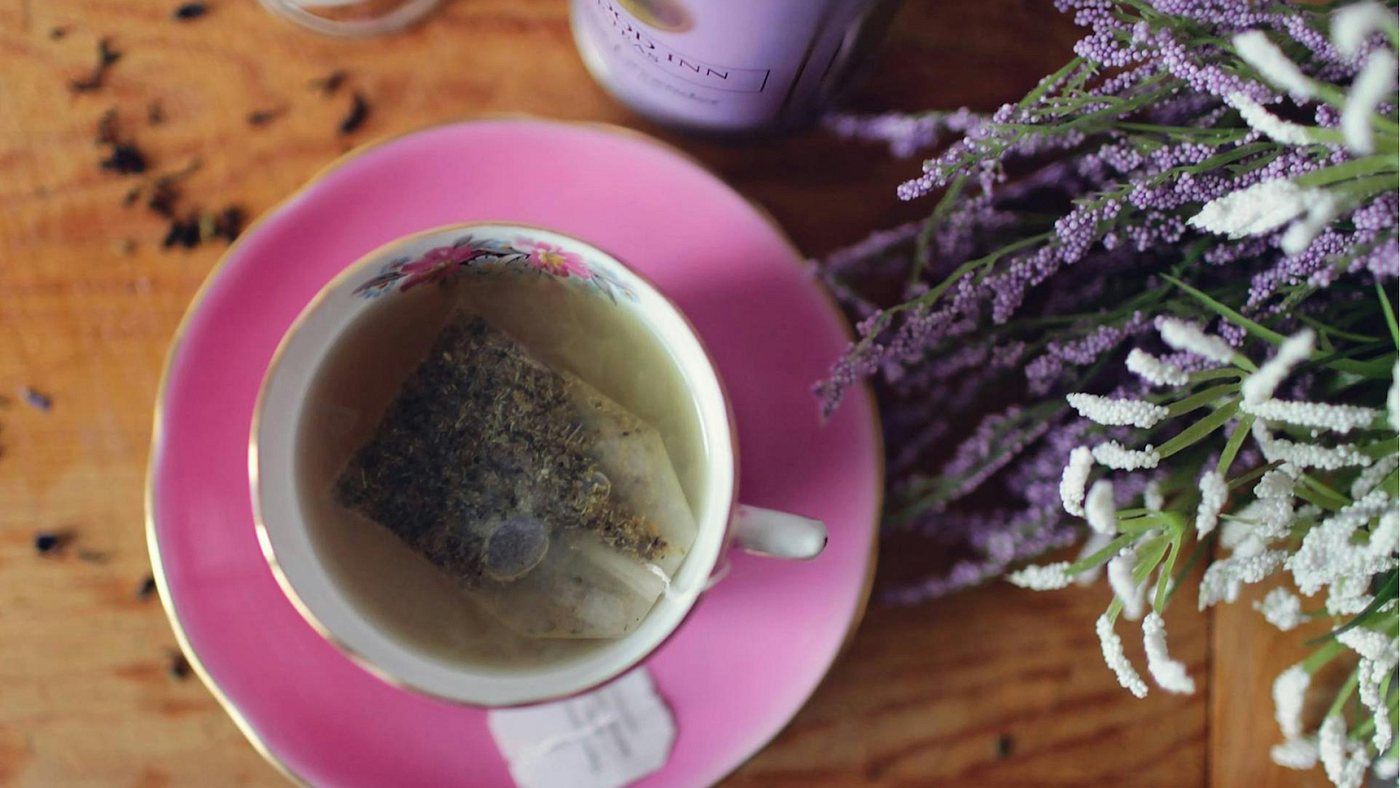Written by Indira Rumantir
Edited by CHIQIO
Keywords: olfactory imagery, scent and emotion, memory recall, fragrance visualization, sensory experience
Have you ever caught a whiff of a perfume and found yourself transported to a distant memory or a specific place? The power of scent is undeniable, and it can evoke emotions and memories like no other sense. Olfactory imagery, the ability to conjure scents purely through imagination, is a fascinating skill that can enrich your sensory experience and deepen your appreciation of perfumes. Let’s delve into the art of olfactory imagery, particularly in the context of perfume fragrances, and learn how to create these aromas in your mind’s eye.
Understanding Olfactory Imagery
Olfactory imagery involves creating a mental representation of a scent without any physical stimuli. It’s akin to visualizing a beautiful landscape or hearing a favorite song in your head. Perfumes, with their complex and layered compositions, offer a rich canvas for practicing olfactory imagery.
Source: Pinterest.com
The Connection Between Scent and Emotion
Our sense of smell is intricately linked to our emotions and memories. The olfactory bulb, responsible for processing scents, is part of the brain’s limbic system, which governs emotions and memories. This connection is why certain perfumes can evoke powerful emotional responses and vivid memories.
Source: Pinterest.com
Developing Olfactory Imagery Skills
- Memory Recall: Begin by recalling the scents of perfumes you are familiar with. Close your eyes and think of your favorite fragrance. What notes stand out? Is it floral, woody, citrusy, or spicy? Try to remember the details and the emotions associated with the scent.
- Visualization Techniques: Pair scents with visual imagery to enhance olfactory recall. Imagine a scene that corresponds with the perfume. For instance, if the perfume has notes of jasmine, picture a lush garden filled with blooming jasmine flowers. The more detailed your visualization, the more vividly you can recreate the scent in your mind.
- Mindful Smelling: When you encounter a new perfume, take a moment to fully experience it. Inhale deeply and try to identify the different notes. Describe the scent mentally, noting its nuances and how it evolves over time. This practice will expand your scent vocabulary and improve your ability to recall and imagine fragrances.
- Emotional Connection: Engage your emotions when practicing olfactory imagery. Think about how a perfume makes you feel. Does it evoke a sense of elegance, warmth, or freshness? Associating scents with emotions can make your mental representations more vivid and impactful.
Exploring Perfume Fragrances Through Olfactory Imagery
- Floral Scents: Imagine a bouquet of roses, lilies, or jasmine. Picture the vibrant colors and delicate petals. Inhale deeply and try to capture the essence of these flowers in your mind. Notice how floral scents can be fresh, sweet, or powdery.
- Woody Scents: Envision a walk through a dense forest. Feel the crunch of leaves underfoot and the cool, earthy aroma of sandalwood, cedar, or patchouli. Woody scents are often grounding and comforting, evoking a sense of calm and connection to nature.
- Citrus Scents: Picture a sunny orchard filled with orange, lemon, and grapefruit trees. The air is filled with the zesty, invigorating scent of citrus fruits. Citrus fragrances are usually bright and uplifting, perfect for energizing your mood.
- Spicy Scents: Imagine a spice market with stalls brimming with cinnamon, cloves, and peppercorns. The air is rich with warm, exotic aromas that can be both comforting and stimulating. Spicy scents often add depth and complexity to perfumes.
Practicing Olfactory Imagery
Developing olfactory imagery takes practice and patience. Start with simple, familiar scents and gradually explore more complex fragrances. Regularly engage your sense of smell in your daily life and take time to appreciate the perfumes you encounter.
Source: Pinterest.com
Conclusion
The art of olfactory imagery can transform your sensory experience, enhancing your appreciation of perfumes and deepening your connection to the world of scents. By honing this skill, you can vividly recreate aromas in your mind’s eye, enriching your memories and emotions. The next time you wear your favorite perfume or encounter a new fragrance, take a moment to close your eyes and let the scent come to life in your imagination.


 No products in the cart.
No products in the cart.